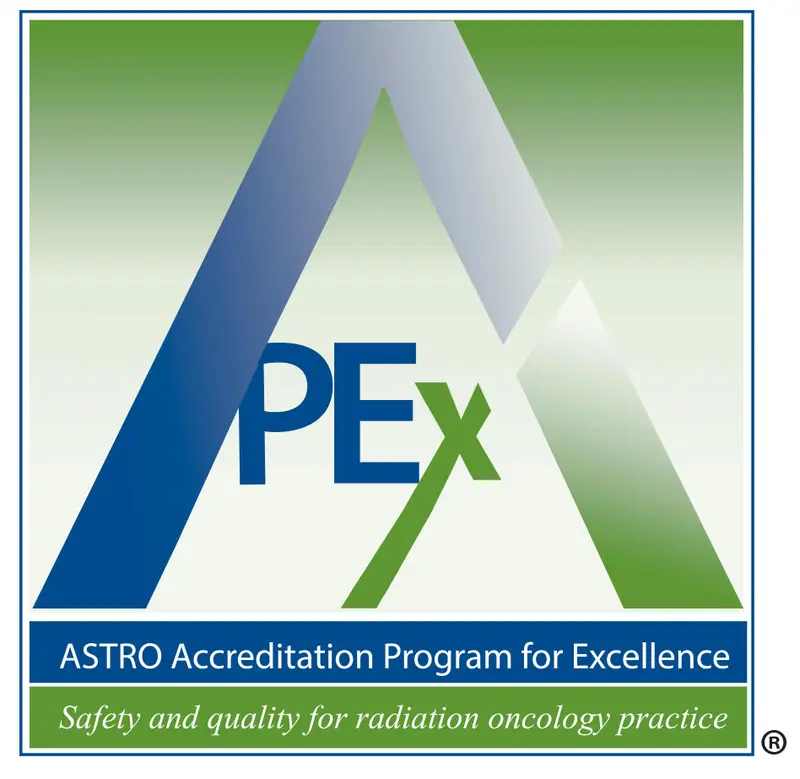If you’re a federal employee and have questions about continuing coverage, please speak to your Patient Benefits Specialist and visit our insurance page here: virginiacancerspecialists.com/insurance/. Exciting News! Our Gainesville Office has moved to Bristow – 9450 Innovation Drive, Manassas, VA 20110. Same great providers and care team, same exceptional care, new, larger space to better serve our patients.
Human autologous peripheral blood lymphocytes (PBLs) transduced with an anti-p53 T cell receptor gene with potential antineoplastic activity. PBLs are harvested from a patient and pulsed with a retroviral vector that encodes the T-cell receptor gene specific for a mutated form of p53. The transduced PBLs are then expanded in culture. When reintroduced to the patient, these modified PBLs express the anti-p53 T cell receptor which binds to mutant p53-overexpressing tumor cells; PBL-mediated tumor growth inhibition may follow. Many tumor cell types overexpress mutant p53 proteins, which are associated with the loss of apoptosis regulation and abnormal cell proliferation. Check for active clinical trials using this agent. (NCI Thesaurus)
Related Posts
Recent Posts














